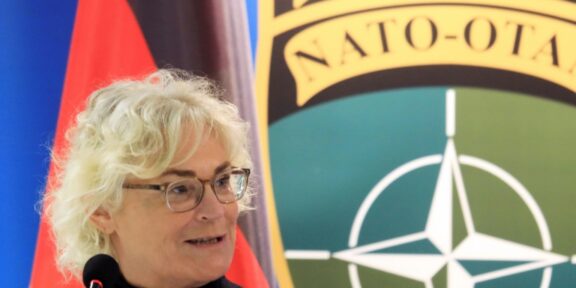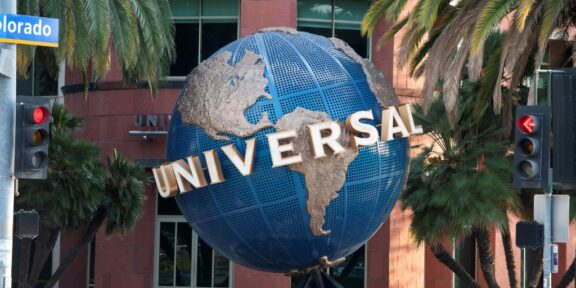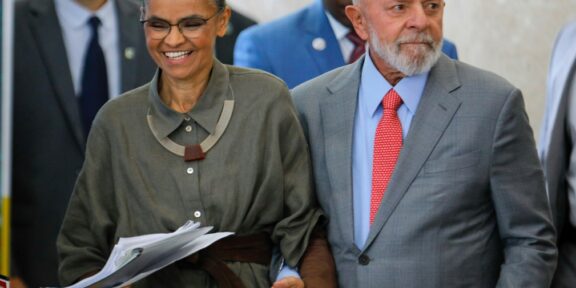Far-right leader Geert Wilders told AFP Thursday it could take “years” for the Netherlands’ new government to fulfil its pledge to opt-out of the EU asylum system, but vowed the nation would enforce its strictest asylum policy ever.Speaking to AFP after clinching a coalition deal six months in the making, Wilders said: “We will try to get a so-called opt-out for asylum, as the Danish have. That might take years if it is successful anyway.”Denmark negotiated a deal to exclude the country from being bound by common EU asylum policies and the new Dutch government plans to ask the European Commission for the same as soon as possible.But Wilders said that in the short-term, the new right-wing government would aim to use Dutch law to restrict what he called an “influx of asylum-seekers” in the Netherlands.”What we have today in our agreement is really the most tough anti-asylum (policy) ever being implemented in the Netherlands,” he told AFP.The far-right leader also vowed to implement border controls to enforce the stricter asylum policy.In the early hours of Thursday morning following marathon talks, top Dutch politicians finally sealed a deal outlining policies for a coalition in the coming years.But it still remains to be seen who will be prime minister of the EU’s fifth-largest economy and key NATO member.Wilders himself reluctantly shelved his ambitions to be leader amid widespread unease over his anti-Islam, anti-European views.- ‘Hope, courage, and pride’ -The 26-page coalition agreement, titled “hope, courage and pride”, also calls to examine the idea of moving the Dutch embassy in Israel from Tel Aviv to Jerusalem.Jerusalem is claimed by both Israelis and Palestinians, but most governments avoid putting embassies there in order not to prejudge the outcome of negotiations for a lasting peace.”Taking into account solutions to the Israel-Palestinian conflict and diplomatic interests, we will examine when the embassy can be moved to Jerusalem at an appropriate time,” said the report.Wilders admitted that this too would take time.”We are making a survey, so it’s not going to happen tomorrow… but I hope it will not be in a few years’ time either,” he told AFP.”It will be a very happy day when that happens… it’s historic that it has a place in the coalition agreement,” he added.On foreign policy, the coalition parties committed to keeping the Netherlands as a “constructive partner” in the European Union and supporting Ukraine “politically, militarily, financially, and morally.”The deal says the Netherlands will “adhere to the existing agreements” on climate, but warns “if we don’t achieve the goals, we will make alternative policies”.- Four-party coalition -All eyes are now on who will replace current Prime Minister Mark Rutte, who is almost certain to be tapped as the new NATO secretary general.The coalition parties appointed civil servant Richard van Zwol as the so-called “formateur” who will oversee the formation of a cabinet, but he is not the intended PM candidate.The main contender looks to be former education and interior minister Ronald Plasterk, who also played a key role in overseeing the initial talks.In March, the four parties agreed to aim for a partially technocratic cabinet made up of 50 percent politicians and 50 percent from outside politics.The far-right has gained in elections across Europe but has struggled to translate votes into power as other parties refuse to work with them.”It’s a worrisome day. We now have a radical right-wing party under Wilders that finds itself at the centre of power in the Netherlands,” said opposition leader Frans Timmermans from the Greens-Left alliance on Wednesday.But Wilders told reporters it was a “historic” day that his far-right PVV Freedom Party was now in government — “at the centre of power.”We are writing history today… the sun is going to shine again in the Netherlands,” said Wilders.jcp-ric/jj
Breaking News
-
French authorities maintained a night curfew amid fresh unrest on the Caribbean territory of Guadeloupe…
-
A Vatican assembly on the future of the Catholic Church on Saturday said that more…
-
Robert Lewandowski struck twice in two minutes as Barcelona crushed rivals Real Madrid 4-0 on…
-
Michelle Obama on Saturday aired her "genuine fear" that Donald Trump could retake the White…
-
Georgia's ruling party claimed victory in a legislative election Saturday that the pro-western opposition denounced…
-
A quiet Argentine town best known for its oranges has become the symbol of a…
-
Iran warned on Saturday it would defend itself after Israeli air strikes killed at least…
-
With the US presidential election heading into the home stretch, Israeli Prime Minister Benjamin Netanyahu…
-
Japan voted on Sunday in its tightest election in years, with new Prime Minister Shigeru…
-
Bulgarians vote Sunday in their seventh election in less than four years, with dim hope…











